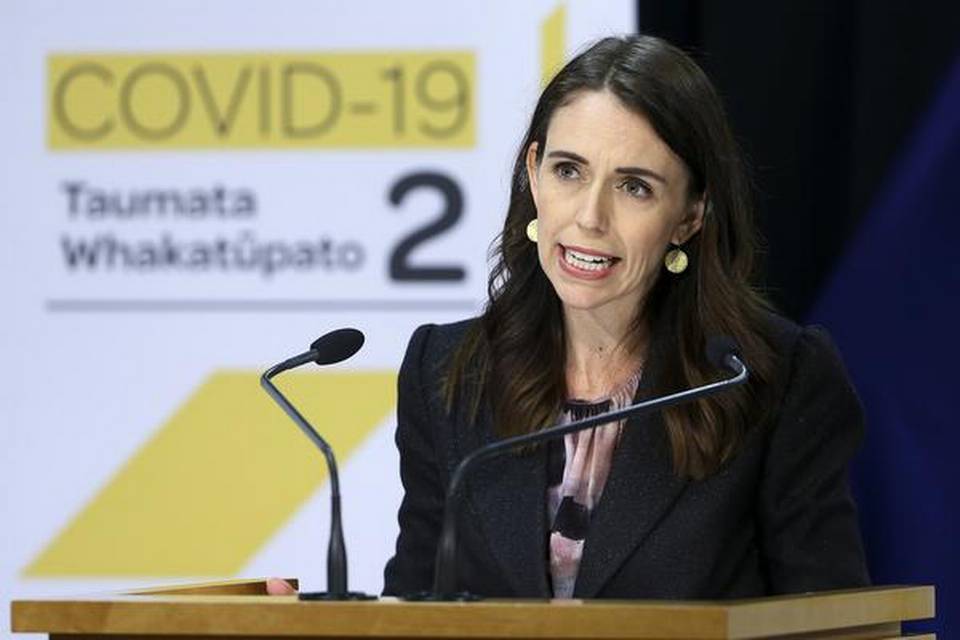New Zealand PM Jacinda Ardern (Photo Credit: AP)
The open communication policy of Ms Ardern helped a lot while handling the pandemic with a very strict lockdown
The COVID 19 has brought out situations which test the mantle of leadership. When the world leaders are grappling to contain the unprecedented pandemic, New Zealand declared it is COVID 19 free on June 8. Although few cases have been reported in the past two days, the success story of New Zealand in handling the pandemic is worth noting. This was possible under the stellar leadership of New Zealand’s Prime Minister Jacinda Ardern. Ms Ardern has garnered tremendous praise for her skillful handling of the pandemic.
Many women see Jacinda Ardern as a role model and an inspiration. Her actions alone have earned her that respect. Carrying a child while leading a country, she certainly has shattered many conventional leadership tropes. While New Zealanders are generally described as progressive, it is still a great feat to go public with a child while being unmarried. Many women around the world cannot imagine that in their wildest dreams, let alone sitting on a chair of PM in full public scrutiny.
But she deserves praises for more than being a female leader with a child. Talking to a journalist she said, “I want to be a good leader, not a good lady leader…I don’t want to be known simply as the woman who gave birth.”
A great believer in open communications, she frequently interacts with people through live Facebook videos. Her Facebook page is proof. Even when she was ridiculed as ‘part-time prime minister’ after the birth of her daughter, she didn’t back out and focused on communicating with people. Her open and honest communication feels personal and makes her accessible. She talks like any other friend rather than a politician or Prime Minister – reading comments, talking about the weather and complex issues of governance.
The open communication policy of Ms Ardern helped a lot while handling the pandemic with a very strict lockdown. She hosted regular briefings with public health officials and video sessions with experts to tackle misinformation. Even though her lockdown measures were criticised by some as ‘excessive’, the results prove that it was effective. The success of pandemic response can also be attributed to the fact that the total population of New Zealand is approximately 4.8 lakh (population of Bengaluru alone is around 8.3 million). Also, the island country has easily sealable borders. But it still doesn’t invalidate the way her government handled the crisis.
Furthermore, she is popular for her progressive stands on many social issues. In 2018, she openly marched in a pride parade – first Prime Minister to do so in New Zealand. She handled the Christchurch shootings empathetically, assuring that New Zealand is “A home for those who share our values. Refuge for those who need it. And those values will not and cannot be shaken by this attack.” She describes herself as a feminist. In a 2015 article, she wrote, “In my simple worldview, if you believe in equality, you should be a feminist. If you believe that women and men performing the same job should get the same pay, you should be a feminist’.
In a 2018 article, ex-Prime Minister of New Zealand Helen Clark wrote, “In a world where there are still glass ceilings to be smashed and where many countries continue to have laws, policies, and practices that discriminate against women, the message from New Zealand is one of hope – that women can break through all barriers and do it in their own way as Ardern has done.”
As one of the most popular leaders in New Zealand’s history, her political career will also be observed with a great interest globally. More power to her!
Disclaimer: The views expressed are of the author(s) and do not reflect the official policy or position of Diplomacy and Beyond Plus. The publication is not liable for the views expressed by authors.









